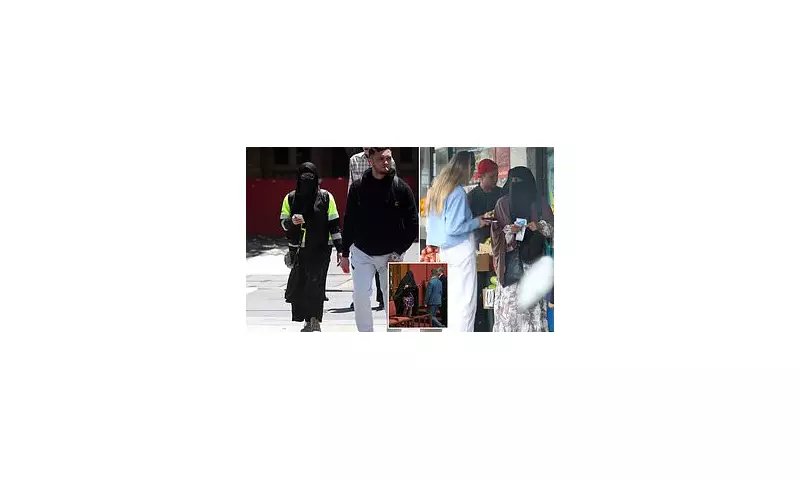
Outrage Over Parliamentary Burqa Stunt
One Nation leader Pauline Hanson is confronting demands from the Muslim community to be permanently barred from Parliament following her controversial decision to wear a burqa into the Senate. This marks the second occasion the politician has used the Islamic garment as a political prop, resulting in her immediate suspension from the upper house for one week.
The Daily Mail conducted interviews with nearly two dozen Muslim women in Sydney's south-west this week, gathering reactions to Hanson's extraordinary demonstration. The stunt occurred shortly after she failed to pass a bill that would prohibit the burqa from public spaces, legislation she argued was necessary for national security.
Muslim Women Speak Out
Bankstown residents Alina and Norah, who both wear hijabs, expressed their disgust at Hanson's actions and called for stronger consequences. 'A girl like that (Hanson) has no self esteem or anything in her life,' Norah stated. She explained that for some Muslim women, wearing burqas provides a sense of safety and protection from the world.
Many women approached by journalists strongly refuted Hanson's characterisation of the garments as 'oppressive, radical and non-religious.' Shazia, wearing a niqab while walking in Lakemba with her husband Najam, emphasised that her decision to wear the full covering was entirely her own. 'This is completely my choice and we love to follow Islam, as other religions have their clothes,' she said.
Her husband Najam supported this view, stating: 'It's her choice, I've never forced her to wear it and it's her choice according to the faith.' Shazia added that Hanson's stunt showed disrespect toward her Islamic beliefs.
Community Backlash and Political Consequences
Jamel Kheir, Secretary of the Lebanese Muslim Association, described Hanson's actions as 'dog whistling' and set a 'very dangerous precedent.' He challenged the double standard in Parliament, questioning whether similar disrespect would be shown toward other religious symbols like the Jewish skull cap.
Kheir clarified that Muslim women who choose to wear burqas often do so for cultural reasons rather than strict religious adherence. 'The religious requirement is for women to cover, and that is for a woman to decide how she wants to interpret that,' he explained.
Keysar Trad, founder of the Islamic Friendship Association of Australia, echoed these concerns, noting that Muslim women already face significant challenges including job discrimination and harassment. 'Hanson forgets that many of those everyday Australians she tries to appeal to are Muslim women who do not want anyone to dictate to them how they dress,' he told the Daily Mail.
Despite the controversy, some shopkeepers in Islamic clothing stores reported hearing customers reference Hanson's stunt, though assistant Farzana at the House of Faith in Lakemba said she hadn't observed any impact on burqa sales. The young woman, who moved from India, explained she wears the burqa for cultural reasons: 'I feel protected and confident in this, I feel like I'm safe.'
Not all Muslim women support the burqa, however. Bankstown shop assistant Mirna, who wears a hijab, expressed her personal dislike for the garment while acknowledging others' right to choose. 'There's other stuff we should worry about other than that,' she said, expressing gratitude for living in a country that generally keeps her safe.
Hanson admitted during the debate that she couldn't cite specific security incidents related to burqas, confessing: 'I don't have the figures to pluck it out of my head.' The community response indicates her political manoeuvre has instead highlighted the diversity of views within the Muslim community while strengthening opposition to her anti-burqa campaign.





